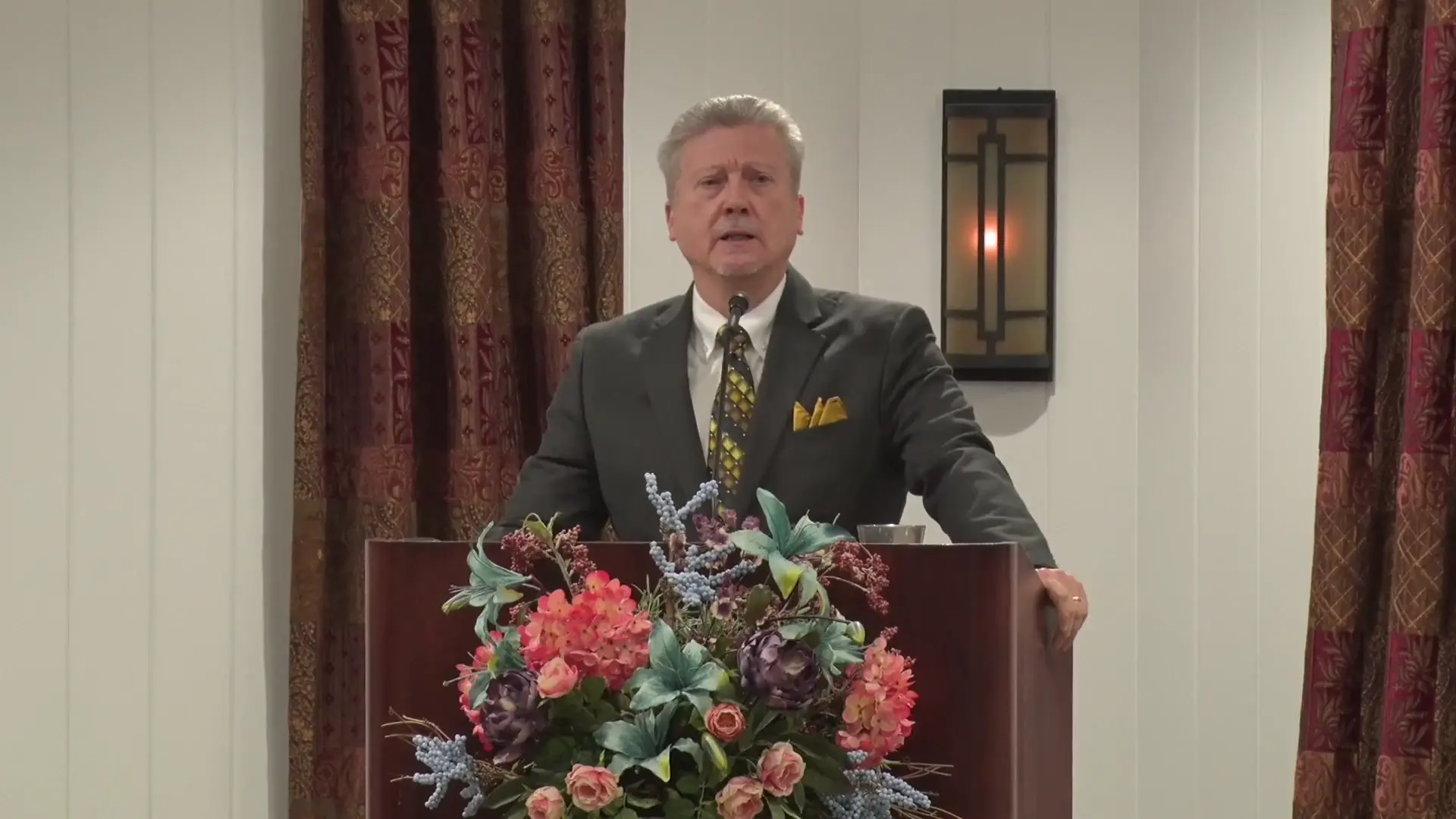Filter by Categories

John's Feeding of the 5,000
Sermon/Bible Study by Richard T. RitenbaughThe only miracle recorded in all four Gospels is the feeding of the 5,000, a profound sign that Jesus Christ exclusively is the Bread of Life.
The Miracles of Jesus Christ: Feeding the Five Thousand (Part Two)
Bible Study by Martin G. CollinsJust prior to the miracle of feeding the 5000, the people anticipated where Jesus was headed. By walking along the north shore of the Sea of Galilee, the crowds joined Him, and He, feeling compassion, healed their sick. When evening came, the disciples sought to send the crowds away due to inadequate supplies in that remote place. Despite having only five loaves of bread and two fish, Jesus desired to feed them, and with these meager resources, He performed an astounding miracle. The bread and fish continually multiplied, satisfying everyone, with twelve basketfuls of broken pieces left over. This event took place at Bethsaida just before the Passover. Jesus primarily intended this miracle to teach the disciples, while also impressing upon the multitude a witness of His power. Through it, He illustrated the kind of ministry His disciples would conduct after His departure, feeding people with spiritual food sourced from Christ Himself. They would need to replenish their supply by maintaining a close relationship with Him, bearing the responsibility to feed their congregations.
The Miracles of Jesus Christ: Feeding the Five Thousand (Part One)
Bible Study by Martin G. CollinsChrist's miracle of feeding the five thousand stands out as a profound demonstration of His authority over nature and His deep concern for both the physical and spiritual needs of humanity. Moved with compassion for the thousands who had gathered to hear His message of hope, Jesus, despite His fatigue, teaches them and heals the sick among them. As evening falls, His disciples suggest dispersing the hungry crowd to find food in nearby villages, but Jesus has a different plan. He challenges Philip with the question of how to feed the multitude, aiming to teach a lesson in relying on divine resources rather than material ones. Philip, tallying their limited supplies, doubts their sufficiency, and Andrew mentions a lad with five barley loaves and two small fish, yet the disciples see no possibility in their scarce resources. Jesus handles the crowd with remarkable calm and order, commanding the people to sit in manageable groups of fifties and hundreds to avoid confusion and ensure safety. This organization reflects the orderly nature of all of God's ways. Before distributing the food, Jesus gives public thanks to God, highlighting the importance of acknowledging the source of all provision and blessing. He then performs the miracle, but chooses to send the food through His disciples, both for practical efficiency and to involve them in His work. This act of service becomes a lasting memory for the disciples, strengthening their faith and zeal for future endeavors, and teaching the value of sharing God's gifts with others.
The Miracles of Jesus Christ: Feeding the Four Thousand
Bible Study by Martin G. CollinsThe miracle of Jesus feeding the 5,000 stands as a profound demonstration of His power and compassion. In this event, He multiplies a small amount of loaves and fish to feed a vast multitude, despite the disciples' skepticism about the possibility of providing enough food in such a desolate place. The disciples express doubt, focusing on their limited resources and the enormous size of the crowd, failing to account for God's power to overcome any difficulty. After the feeding, leftovers are collected, showcasing the abundance of His provision. Jesus Himself later distinguishes this miracle from the feeding of the 4,000, highlighting the different numbers of people fed and the distinct circumstances of each event. Through this miracle, He tests the disciples' faith, revealing their struggle to trust in God's ability to work beyond human limitations.
The Miracles of Jesus Christ: Walking on the Water (Part One)
Bible Study by Martin G. CollinsJesus' walking on the water of the Sea of Galilee and His calming words to the disciples unmistakably declared to them just who Jesus really was.
Before Honor Is Humility: The Story of Andrew
Article by Martin G. CollinsThe apostle Andrew is a sterling example of humble service. Through Scripture contains only a little about him, his character should encourage us all.
Passing By in Glory
Sermonette by Richard T. RitenbaughJesus' walking on the water in the pitch-black darkness of early morning, revealing Himself to the disciples, alludes to the time God passed by Moses.
John (Part Eleven)
Sermon/Bible Study by John W. RitenbaughThe storm on the Sea of Galilee instructs us that when we are in a trial and getting nowhere, if we invite Christ into the situation, we will have peace.
Matthew (Part Three)
Sermon/Bible Study by John W. RitenbaughJesus resisted Satan with the knowledge of God, resisting appeals to vanity, using power selfishly resisting to lust of the flesh, eyes, and pride of life.
Matthew (Part Nineteen)
Sermon/Bible Study by John W. RitenbaughThe parable of the Dragnet describes the culling process God uses to separate the truly committed from every walk of life from those mildly interested.
John (Part Ten)
Sermon/Bible Study by John W. RitenbaughWhen God removes an infirmity or gives a blessing, He also gives a responsibility to follow through, using the blessing to overcome and glorify God.